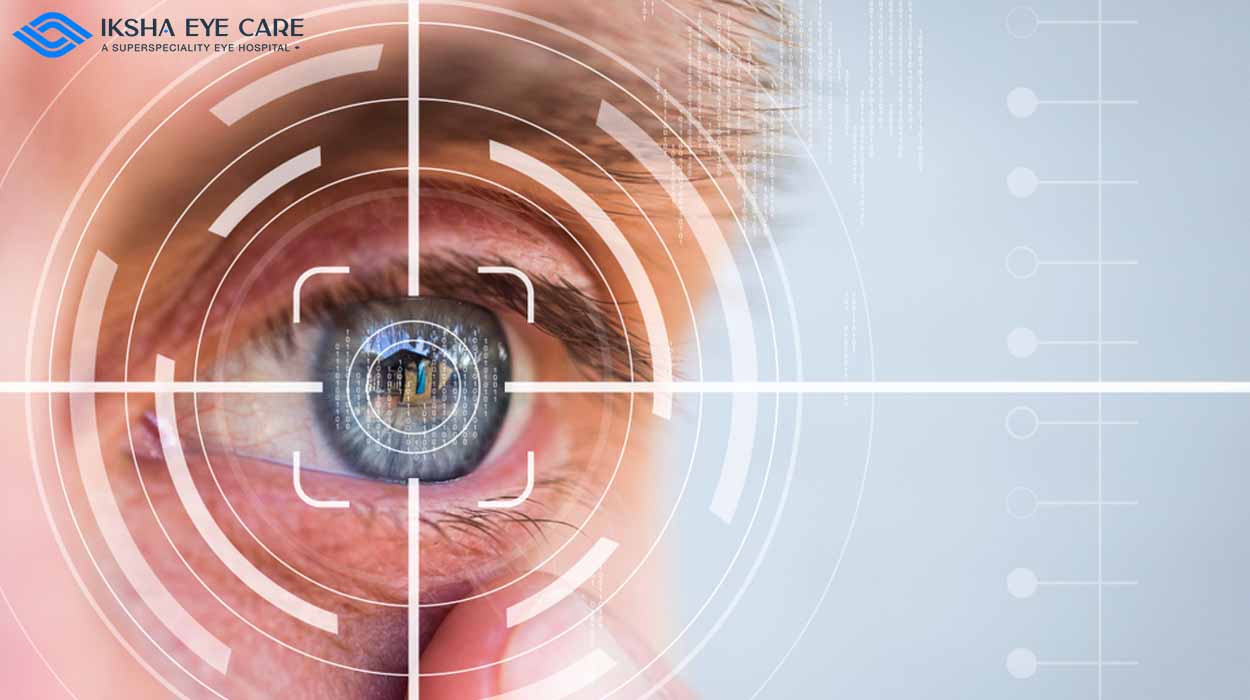Expert Glaucoma Service Near Me: Advanced Treatment Options
Expert Glaucoma Service Near Me: Advanced Treatment Options
Blog Article
Understanding the Different Eye Issues Dealt With by Specialized Eye Care Professionals
In the world of eye treatment, specialized professionals play a vital duty in diagnosing and treating a vast range of eye problems. From typical refractive mistakes that impact vision quality to age-related problems that position challenges as we expand older, the experience of these specialists reaches handling vision-threatening conditions and complex corneal disorders. The complexities of neurological eye conditions existing one-of-a-kind difficulties that require specialized care. As we start this exploration of the various eye problems resolved by specialized eye care professionals, it becomes obvious that the complex web of eye wellness holds a myriad of interesting insights waiting to be uncovered.
Typical Refractive Errors
Refractive mistakes are common aesthetic conditions triggered by a blemish in the eye's ability to properly focus light, resulting in blurred vision. Astigmatism is identified by an irregularly shaped cornea, resulting in altered or obscured vision at all distances. Presbyopia is an age-related condition where the lens loses its versatility, making it challenging to concentrate on close things.
These refractive errors can be dealt with via numerous techniques, including glasses, contact lenses, or refractive surgery. Eye treatment professionals play a crucial duty in diagnosing and managing refractive mistakes to help people attain clearer vision and enhance their top quality of life.
Age-Related Eye Conditions
One of the most common age-related eye conditions is age-related macular deterioration (AMD), an illness that causes main vision loss and can make tasks like analysis and driving difficult. Cataracts, another typical problem among older people, trigger clouding of the eye's all-natural lens, leading to obscured vision. Regular eye examinations with specialized eye treatment specialists are essential for very early discovery and administration of these age-related eye conditions to preserve vision and keep eye health and wellness as individuals grow older.
Vision-Threatening Conditions
Vision-threatening conditions include a series of major eye conditions that have the possible to dramatically influence an individual's sight and general aesthetic feature. These conditions posture a risk of permanent vision loss if not without delay diagnosed and treated by specialized eye treatment professionals. Some typical vision-threatening conditions include glaucoma, diabetic person retinopathy, age-related macular degeneration (AMD), and retinal detachment.
Glaucoma is a group of website link eye conditions that damage the optic nerve, commonly as a result of high intraocular stress, leading to field of vision loss and possible loss of sight if left neglected. Diabetic retinopathy is a difficulty of diabetes mellitus that affects capillary in the retina, causing vision disability or loss of sight. AMD is a modern problem impacting the macula, bring about central vision loss. Retinal detachment takes place when the retina separates from its underlying tissue, resulting in unexpected vision loss that needs immediate medical attention (refractive surgeries in al).
Early discovery, normal eye exams, and prompt intervention are critical in handling vision-threatening illness to maintain eyesight and preserve high quality of life. Specialized eye treatment experts play a vital duty in diagnosing, treating, and taking care of these conditions to prevent irreversible vision loss.

Corneal Disorders
Corneal conditions encompass a spectrum of conditions that impact the clear front component of the eye, understood as the cornea. Therapy for corneal conditions varies depending on the details problem however might include drugs, get in touch with lenses, or in serious instances, corneal transplants. Routine eye examinations are necessary for early discovery and monitoring of corneal problems to protect vision and eye health.
Neurological Eye Conditions
Neurological eye problems include problems that influence the link in between the eyes and the mind, influencing visual processing and overall eye function. These conditions can manifest in different methods, affecting vision, eye motions, and even the sychronisation in between the eyes. One typical neurological eye problem is optic neuritis, defined by swelling of the optic nerve resulting in vision loss, shade desaturation, and discomfort with eye motion.
An additional significant problem is nystagmus, where the eyes make repetitive, uncontrolled movements, impacting aesthetic skill and deepness my blog understanding. Furthermore, conditions like amblyopia, frequently described as "careless eye," arise from abnormal aesthetic growth in very early youth, resulting in decreased vision in one eye.
Neurological eye conditions call for customized care from professionals like neuro-ophthalmologists that have expertise in both neurology and ophthalmology. Medical diagnosis usually entails a detailed eye evaluation, imaging researches, and collaboration with neurologists to address the underlying neurological concerns affecting the aesthetic system. Therapy strategies can include drug, vision treatment, or in severe instances, medical treatments to take care of these intricate problems efficiently.

Verdict
In conclusion, specialized eye care specialists treat a variety of eye problems, consisting of typical refractive mistakes, age-related eye problems, vision-threatening illness, corneal conditions, and neurological eye conditions - look these up refractive surgeries in al. By comprehending these different problems and seeking proper treatment from eye treatment experts, people can preserve optimum eye health and vision. It is necessary to focus on normal eye examinations and adhere to advised therapy plans to protect and safeguard one's vision for the future
Report this page